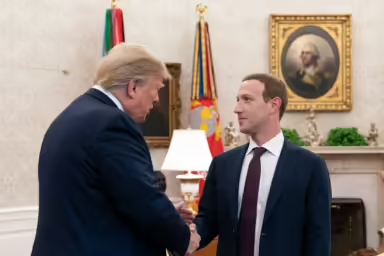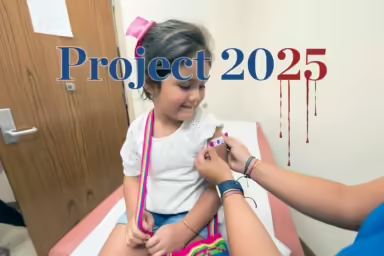A Roundup of Coronavirus News
|
Listen To This Story
|
Welcome to the first installment of WhoWhatWhy’s new weekly coronavirus roundup. There’s a lot of virus coverage out there, so this feature will give you a dose (poor choice of words) of the latest news. We’ll also zero in on particular issues and dive a little deeper on those. This week, we look at masks.
This past week President-elect Joe Biden announced he will require masks to be worn for 100 days in federal facilities. His hope is that everyone else will follow suit in all 50 states. But overcoming the confusion, mistrust, and outright belligerence that surrounds wearing masks will require clear messaging. It hasn’t helped that public health officials denounced mask-wearing during the early days of the pandemic — or that there is confusion about the science behind pneumonia.
Let’s talk through the science of masks.
Pneumonia: How can masks help? Pneumonia is not a disease. It is a symptom of an infection that causes inflammation of the air sacs in the lungs. A variety of organisms, including bacteria, viruses, and fungi, can cause pneumonia. Available antibiotics can kill the bacteria that cause bacterial pneumonia, but not the pneumonia symptoms caused by viruses like SARS-CoV-2. Pneumonia causes the air sacs to fill with fluid or pus, which then causes coughing, fever, chills, and difficulty breathing. When infected people cough, they spread those infectious agents through droplets. This is where masks come into play. If you are infected, your mask captures most of the germs and protects other people from getting infected. If you are not infected, a mask protects you from not just the coronavirus, but also other germs that may be circulating in the air.
Are masks protective? In this article, Marketwatch asks: Do masks really protect users? Almost a year’s experience and many studies seem to have made it clear that yes, masks are effective. Face shields, on the other hand, are not as effective. Even so, universities like Vanderbilt in Nashville,TN, are allowing the faculty to wear them during lectures so long as they follow other safety measures, including social distancing. This kind of variability in advice adds to the confusion. But in general, all signs point to a better outcome if everyone wears a mask.
An interesting twist. As the pending release of coronavirus vaccines is hitting the news, we don’t want to forget a recent scientific study that found an unexpected source of immunity: masks themselves. Not protection; immunity. According to the study, masks not only protect the person wearing them from exposing others to the coronavirus but also actually immunize the wearer. This is because, while most virions do not get through the mask, a few do, and this small exposure is apparently sufficient to cause a low-grade infection that results in either non-threatening symptoms or no symptoms at all.
Or just listen to Bill Nye.
In Other News
– A February conference in Boston may have been a superspreader event accounting for 1.6 percent of all US COVID-19 cases, according to a report in the journal Science. About 175 people attended the conference, hosted by the company Biogen on February 26-27, but infections that originated there spread to 29 states and at least three countries. Genetic tracing by the researchers concluded that the two-day conference may account for 250,000-300,000 COVID-19 cases worldwide.
– ‘Tis the season for looking gift horses in the mouth. The New York Post reports that half of interviewed New York firefighters are unwilling to be vaccinated when the shots become available to first responders in the very near future. Fifty-five percent of respondents to an internal survey said they’d refuse the vaccine, citing trust issues. If true, that would not just leave first responders vulnerable, but would also represent a huge weakness in New York’s pandemic response. First responders could potentially be the first to spread the virus to others, you see.
– It wouldn’t be a true dystopia without some kind of terrifying class issues. Ethicists worry that “people of means” will skip the line for vaccinations, according to STAT. By exaggerating minor health conditions, redefining the definition of “essential workers,” pressuring physicians, or just by working in an influential industry like banking, the rich and connected will have priority access to coronavirus treatments. Will there be status levels, a la Delta Airlines? Probably nothing so overt as that, but it’s not hard to imagine a “Turbo Diamond Syringe” level of access. (Possible upgrades include virgin’s blood, a stamp on your passport, and maybe a cute lapel pin.)




